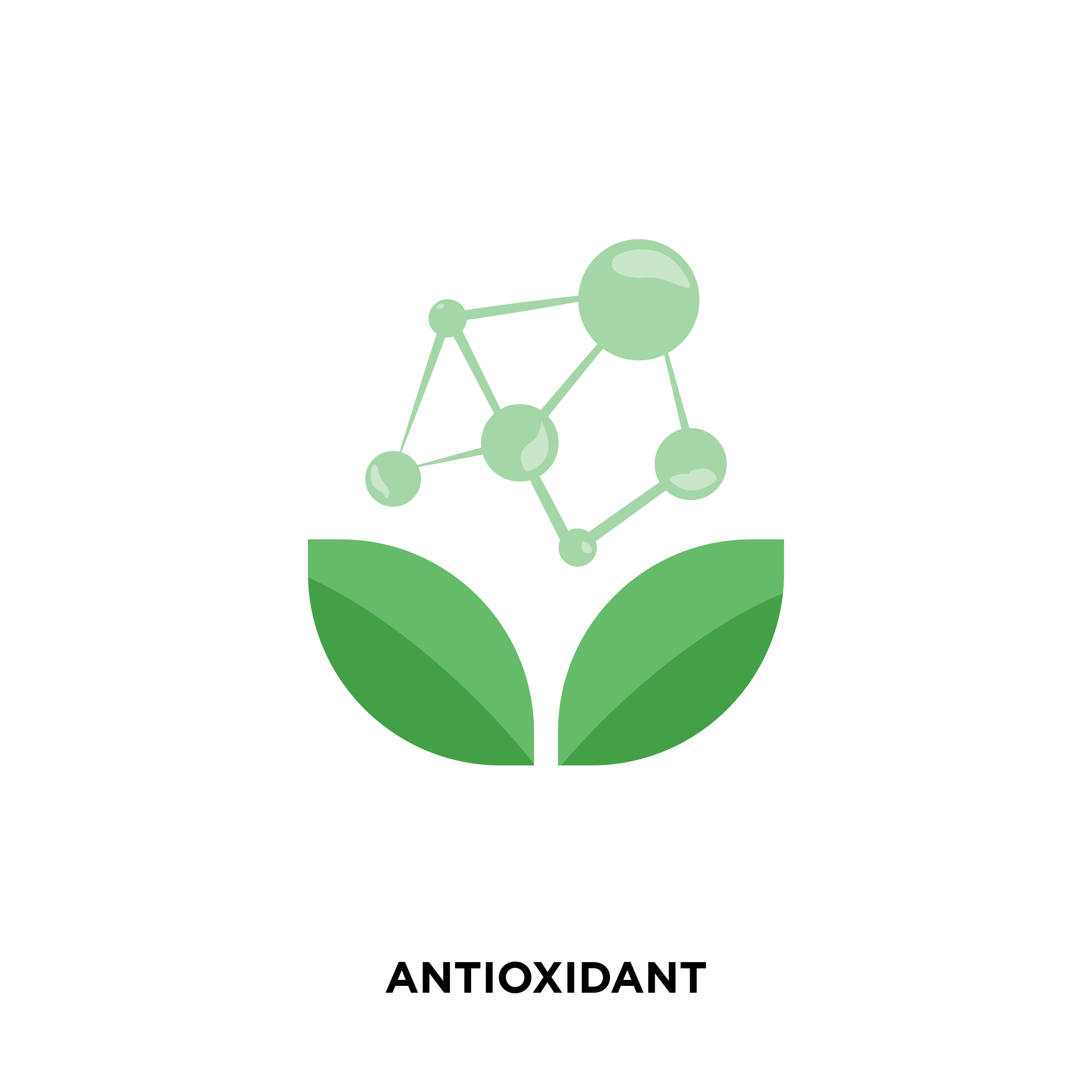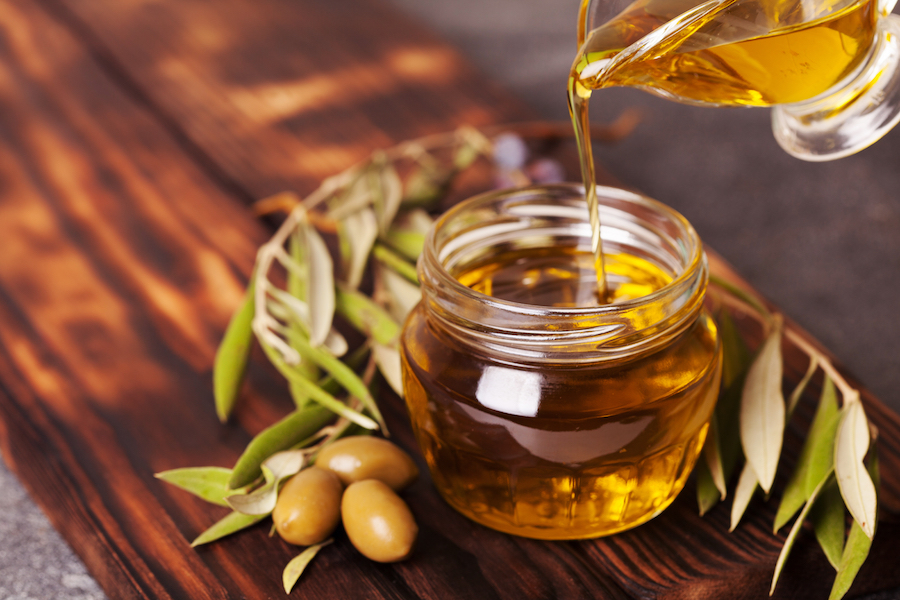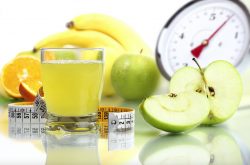By: Tayler Glenn
“Antioxidants” is just one of those health and wellness buzzwords that we hear getting thrown around a lot, but what are antioxidants, really? We know that foods high in antioxidants are good for us, and we’ve heard that they can benefit our skin and ward off signs of aging. Overall, they sound great! But, why? What are these compounds, and how do you get more of them into your daily diet?
What Are Antioxidants?
Antioxidants are nutrients that have the ability to prevent or slow oxidative damage throughout the body, and there are hundreds (if not thousands) of different substances that can act as antioxidants! The most familiar ones are:
- Vitamin C
- Vitamin E
- Beta-Carotene and other carotenoids
- Selenium
- Manganese
- Glutathione
- Coenzyme Q10
- Flavonoids
- Phenols and Polyphenols
- Phytoestrogens
and many more! Using the term “antioxidant” to refer to specific substances is misleading since it’s really a chemical property. More precisely, the term refers to the ability to act as an electron donor.
Another big misconception is that antioxidants are interchangeable, but they aren’t. Each one has unique behaviors and properties with each family of substances playing different roles. No single substance can do the work of the whole crowd which makes it important to get a wide range in your diet!
What Are Free Radicals?
These free radicals that antioxidants do such a good job of protecting us from, what are those? When cells use oxygen they naturally generate a byproduct which can cause cellular damage called free radicals! This byproduct is naturally produced by our bodies but, in most cases, the number of free radicals is far higher than the number of naturally occurring antioxidants. The body needs a certain balance between free radicals and antioxidants. When this balance is disrupted, it can lead to oxidative stress. This means it’s important to supply our bodies with the antioxidants it needs!
How Do I Get More Antioxidants?
The vitamins and minerals that have antioxidant properties are essential nutrients. This means you need them for other aspects of your healthy lifestyle as well and should be eating them regularly regardless. Antioxidant-rich foods include:
- Tomatoes
- Carrots
- Oranges
- Grapefruits
- Berries
- Beans + Nuts
- Apples
- Red wine
- Green tea
- Broccoli
- Dark, leafy greens
- Asparagus
- Sweet potatoes
Plus, many more which you can find on our top-10 list here! Too many people don’t eat enough fruits and vegetables. If you smoke, diet regularly or live in a polluted city, you would probably benefit from increasing your antioxidant intake, but how? Here are3 easy ways to do it:
1. Pay Attention to Prep
The ways in which you prepare and cook your fruits and vegetables can really affect the nutrients your body is able to pull from them. Eating most raw veggies maximizes antioxidant intake, but there are other options if you prefer a different preparation method. The most important tips include:
- Don’t peel the veggies
- Minimize chopping
- Don’t soak in water before cooking
- Cook quickly on high heat, not slow-and-low
- Don’t cook in copper pots
- Steaming helps retain more of the natural nutrients
2. Add Herbs and Spices
Fruits + veggies aren’t the only sources of antioxidants! Especially if you prefer your produce cooked, adding the right herbs and spices is a great way to add some of those nutrients you lost in the prep stage.
Double the impact of your spices by swapping the salt for turmeric! This spice, in particular, is high in antioxidants, but most popular herbs such as thyme, basil, and rosemary are good options. Don’t be afraid to get creative and sprinkle those antioxidant-packed herbs and spices into yogurt for a tasty dip or into oil and vinegar for summer salad dressings!
5. Snack Smart!
We all know that mini bag of Doritos isn’t helping anyone, but there’s a vast number of healthy swaps when you’re looking for antioxidant replacements! Opting for nuts and seeds as a healthy snack will keep you going between meals while also providing those sought-after antioxidants. Brazil nuts are a key source of selenium, while almonds and sunflower seeds are great sources of vitamin E.
For those of you who need an excuse for a daily chocolate fix, try pairing those nuts with a polyphenol-rich dark chocolate! It does have to be dark chocolate (or cacao) and a couple of squares a day should be enough to get the boost you need.
What are your favorite ways to include antioxidant-rich foods in your healthy diet?
Tell us in the comments below!





Comments (0)